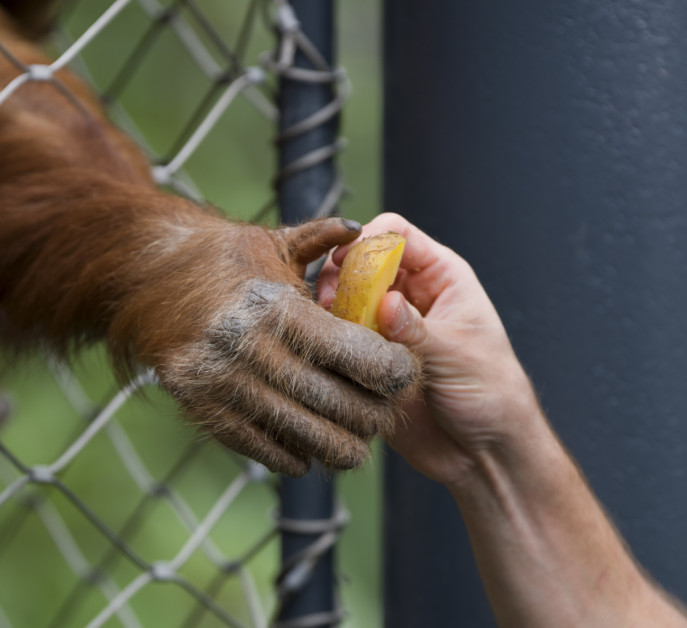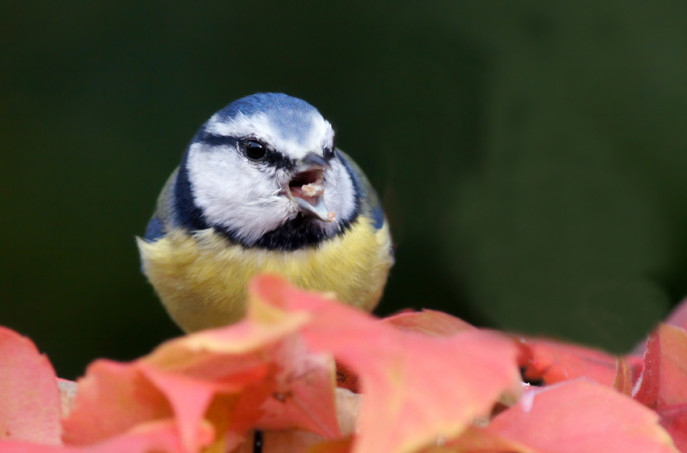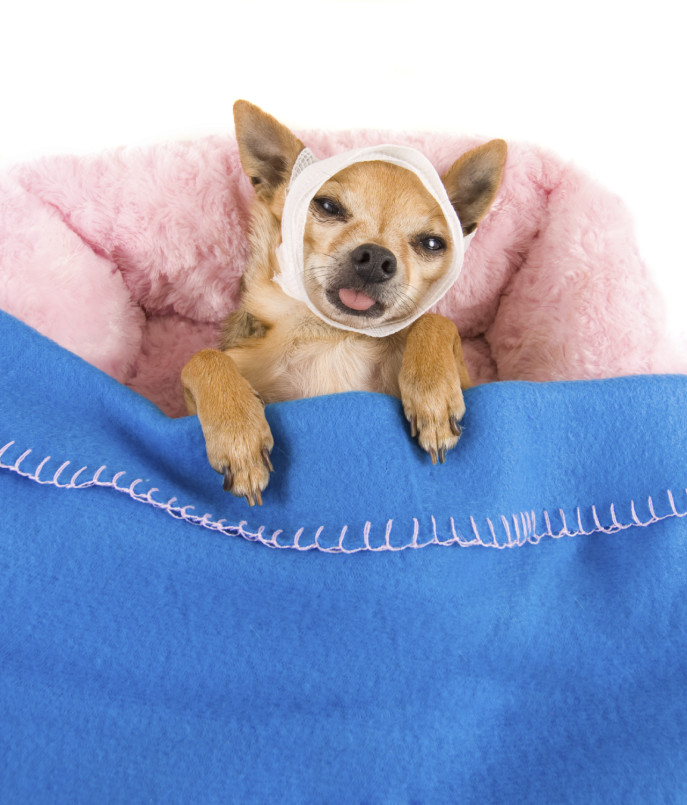It’s impossible to honor Earth Day without reflecting on the animals that share the planet with us. Although great strides have been made in animal protection and endangered animal conservation, we still have a long way to go. In our rapidly overpopulating world, where habitat is disappearing and animal species are declining, we have no choice but to see the animals as our brothers, and to do what is in our power to protect them.
One of the more disturbing news items was reported by The Huffington Post on April 14th, with a story about Sudan, the world’s last male Northern White Rhino.The Northern White Rhino has been on earth for 50 million years, but poachers in search of their horns have reduced this once plentiful animal, a subspecies of rhino, to only five left on earth. The last male and two female rhinos of his subspecies are cared for under 24 hour armed guard at the Ol Pejeta Conservancy in Kenya. Two other females live in captivity.
To make Sudan less of a target for poachers, his horn has been removed, and he has been fitted with radio transmitters. It is hoped that the forty year old Rhino will one day be able to produce progeny, and save his species from extinction. Ground rhino horn is considered a health aid in Chinese medicine, and is particularly popular in Vietnam. There are just 1,037 rhinos of all subspecies still roaming wildlife parks and national conservancies.
There are many ways to help animals this Earth Day, from contributing to Save the Rhino, the World Wildlife Fund, or The Humane Society. Or you can do something closer to home, perhaps even in your own backyard.
If you’re using pesticides and herbicides on your lawn and garden, you’re using them on your pets, too. Whatever chemicals collect on your dog’s or cat’s paws and fur stay there until the next time you give them a bath, although unless you bathe them immediately, they have more than likely been absorbed into their bloodstream. Those chemicals also get tracked inside, where they don’t break down, due to the absence of water and sunlight. If you love the look of a vibrant, weed-free lawn, but you also love your companion animals, consider the following:
- According to a study conducted over a six-year period at the Foster Hospital for Small Animals at Tuft University’s Cummings School of Veterinary Medicine, a dog’s exposure to lawn pesticides–specifically those applied by professional lawn care companies–raised the risk of canine malignant lymphoma (CML) by as much as 70%.
- Dogs at highest risk for acquiring CML were over 50 pounds, living in homes where pesticides and herbicides were professionally applied, and where owners used lawn care products containing insect growth regulators (killing agents).
- A 2004 study from Purdue University showed that dogs exposed to chemically treated lawns had a dramatically increased risk of Transitional Cell Carcinoma (bladder cancer). Breeds at highest risk include Scottish Terriers, Shetland Sheepdogs, West Highland Terriers and Beagles.
Many of our ideas about having a perfect, green lawn are leftovers from an era when pesticides were considered safe, and water was plentiful. The ideal of having a lawn like a green carpet began in the mid-1950s, but we’ve learned a lot about the dangers since then. If you don’t have pets yourself, consider that pesticide poisoning kills 60-70 million birds each year in the U.S. alone. Those chemicals also end up in our groundwater, through rainwater runoff, or by leaching through the soil.
I love animals, especially my three Bichons, G.G., Tuffy and Ellie, and want to give them the best possible life that I can. Lawn chemicals aren’t the only way we can unintentionally harm our pets. There are dangers from flea and tick products, and the marketplace is full of low quality commercial food that is not only unhealthy, but can even be contaminated with toxic chemicals, or melamine.
Here are my Ten Tips for keeping your furry friends healthy:
- Instead of using commercial pesticides and herbicides on your lawn, hire an organic lawn and garden company that can feed your grass without endangering your pets or family. I use Growing Solutions, an organic lawn and plant care company that is dedicated to maintaining safe, healthy environments for their clients. The owner, Chris Baliko, is knowledgeable, helpful, and very responsive to his customer’s needs.
- If you choose to do it yourself, begin by establishing a base of healthy soil. Healthy soil has a high organic content that discourages weeds and disease. You may have a few weeds, but some are actually beneficial, such as clover, which adds valuable nutrients. The Connecticut Department of Energy and Environmental Protection offers helpful information.
- Before you apply commercial flea and tick products, be aware that at least 1,600 pet deaths related to spot on treatments were reported to the EPA over the last five years. The EPA assigns risk levels to all pesticides, and has said that some flea and tick preparations contain ingredients that are likely carcinogens to humans. Serious medical reactions for your pet can include heart attacks, seizures, and brain damage.
- Alternatives exist! The best pest repellent is a radiantly healthy dog or cat. Fleas are less attracted to healthy animals.
- In the house, sprinkle floors with a borate powder (such as 20 Mule Team Borax), then sweep or vacuum it up. It kills flea larvae very effectively without risk of toxicity.
- A bath with any kind of shampoo will drown fleas. Just leave the lather on for 3-5 minutes, and you don’t need to use a flea preparation.
- Comb your pet regularly with a flea comb to remove fleas from his fur, and dunk the comb in a glass of soapy water to drown any fleas you find.
- One of my favorite stores in Westport, Connecticut is Earth Animal. Founded by Dr. Bob and Susan Goldstein to offer products for pets that are pure and natural, they offer a complete holistic flea and tick prevention program. By simply adding powder and drops to your pet’s daily diet, a combination of vitamins, minerals and herbs will change the odor of your pet’s blood chemistry to repel pests. At the same time, it builds their immune system. And it’s available online.
- The Goldsteins are also advocates of a home-cooked diet for your dog, and so am I. I like Dr. Harvey’s Canine Health Organic Pre-Mix. You simply add hot water, a protein source such as chicken, beef, turkey or even fish, and a small amount of quality oil. Add a daily vitamin supplement, and your pet will thank you for making her healthier than she’s ever been.
- Animals can be easily sickened by toxic household cleaning products, too. You can clean with ingredients from your kitchen, such as lemons, vinegar, and baking soda, or use organic cleaning supplies, such as those made by Seventh Generation.
I have many more tips for keeping your pets safe, including using Bucks Mountain Parasite Dust, among other methods. You can find my previous blog posts here and here. “The greatness of a nation can be judged by how its animals are treated,” said Mahatma Ghandi. We can do a great deal of good by giving all animals the respect they deserve.









